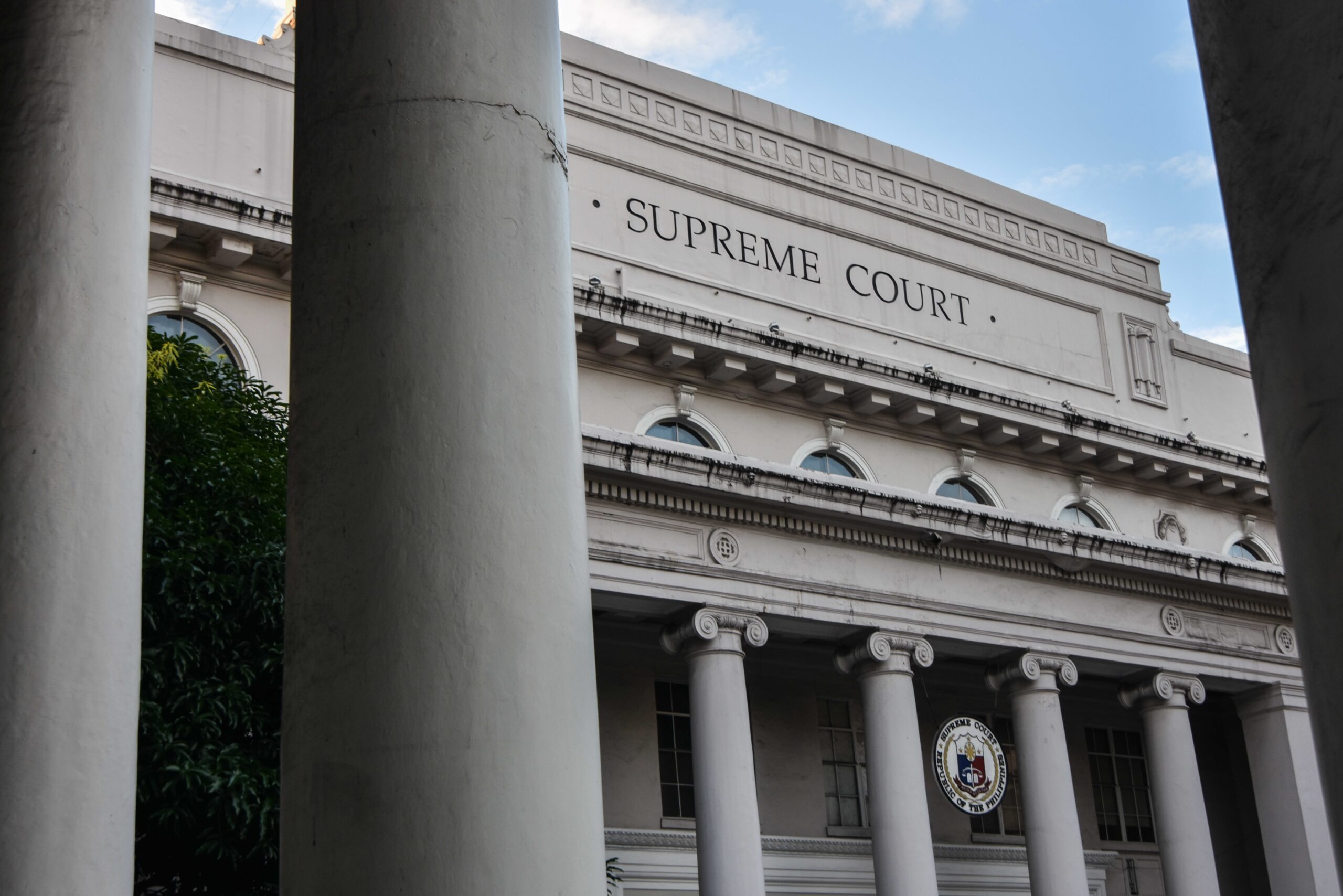SUMMARY
This is AI generated summarization, which may have errors. For context, always refer to the full article.

MANILA, Philippines – The Supreme Court (SC) affirmed a Court of Appeals (CA) ruling which barred in 2010 the candidacy of Vivienne Tan, daughter of business tycoon Lucio Tan.
The SC’s Third Division issues the ruling, penned by Associate Justice Samuel Martires. The decision junked Tan’s petition that sought the reversal of the CA ruling.
It was the CA that granted the petition filed by Quezon City (QC) First District Representative Vincent “Bingbong” Crisologo which sought Tan’s disqualification. She had previously won before the Quezon City Regional Trial Court (RTC), but the CA reversed the lower court ruling.
The contention towards Tan’s candidacy roots from her being a citizen of the United States. The CA ruled that Tan must have taken her Oath of Allegiance first, before her registration as a voter can be valid. When the CA ruled against Tan and removed her from the voters list, it effectively barred her from running for a congressional post.
The SC sided with the CA in enforcing Republic Act 9225 or the Citizenship Retention and Reacquisition Act of 2003, which requires that Filipinos with dual citizenships must comply with rules before they can enjoy civil and political rights.
Tan became a naturalized US citizen in 1993. On October 26, 2009, she applied to be a registered voter in Quezon City. The Election Registration Board (ERB) approved her application on November 16 the same year.
Only after two weeks, or on November 30, when Tan took an Oath of Allegiance to the Philippines. She filed her certificate of candidacy (COC) the next day, to run as representative of QC’s First District.
Reacquisition
In the same month that November, Tan also filed a petition for the reacquisition of her citizenship. The Bureau of Immigration (BI) approved it.
Tan argued that her reacquisition of her Philippine citizenship has a retroactive effect, and that by its virtue, she “is deemed never to have lost his or her Filipino citizenship.”
The SC disagreed.
“Tan took an Oath of Allegiance to the U.S.A. on January 19, 1993, prior to the enactment of R.A. No. 9225 on August 29, 2003. If we were to effect as retroactive Tan’s Philippine citizenship to the date she lost her Philippine citizenship, then the different use of the words ‘reacquire’ and ‘retain’ in R.A. No. 9225 would effectively be futile,” the decision said.
It added: “Moreover, to consider that the reacquisition of Philippine citizenship retroacts to the date it was lost would result in an absurd scenario where a Filipino would still be considered a Philippine citizen when in fact he had already renounced his citizenship.”
Tan’s reliance on Republic Act 9225, the SC said, is somehow problematic because the law was not yet enacted when Tan lost her Philippine citizenship in 1993.
The law that time was Commonwealth Act No. 63 which said that the acquisition of a new citizenship in a foreign country through naturalization are grounds to lose Philippine citizenship.
“All said, absent any legal basis for the retroactive application of R.A. No. 9225, we agree with the CA that Tan was not a Filipino citizen at the time she registered as a voter and her inclusion to the permanent voter’s list is highly irregular,” the SC said. – Rappler.com
Add a comment
How does this make you feel?
There are no comments yet. Add your comment to start the conversation.